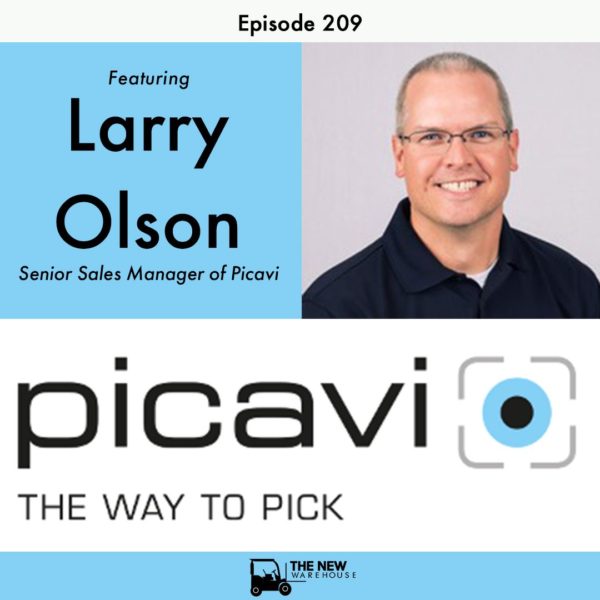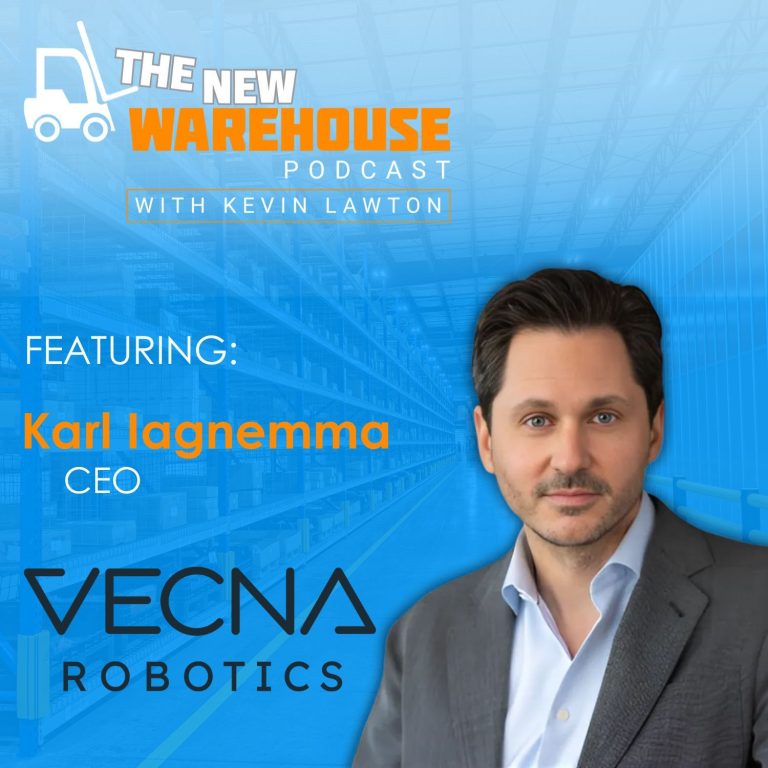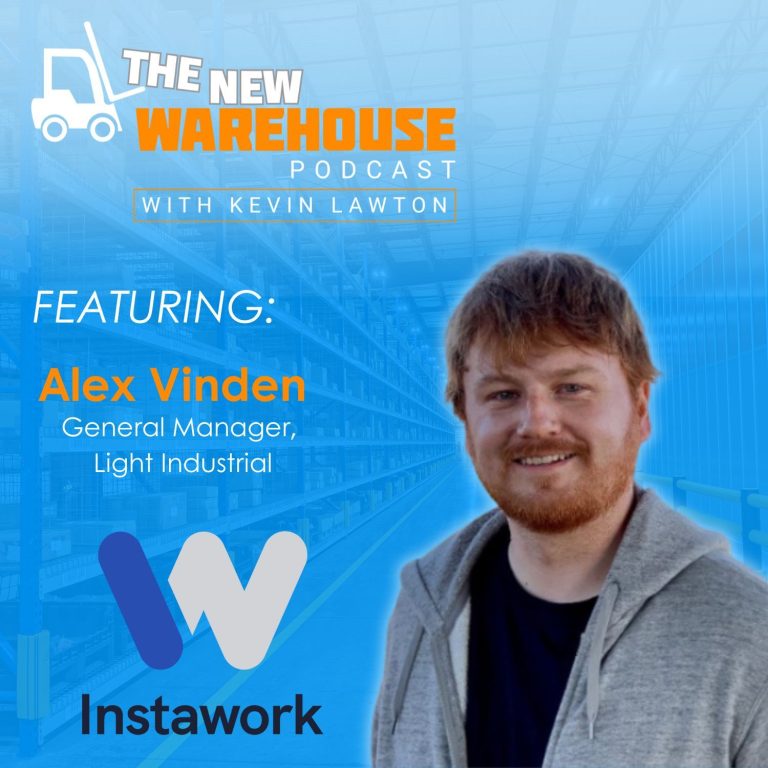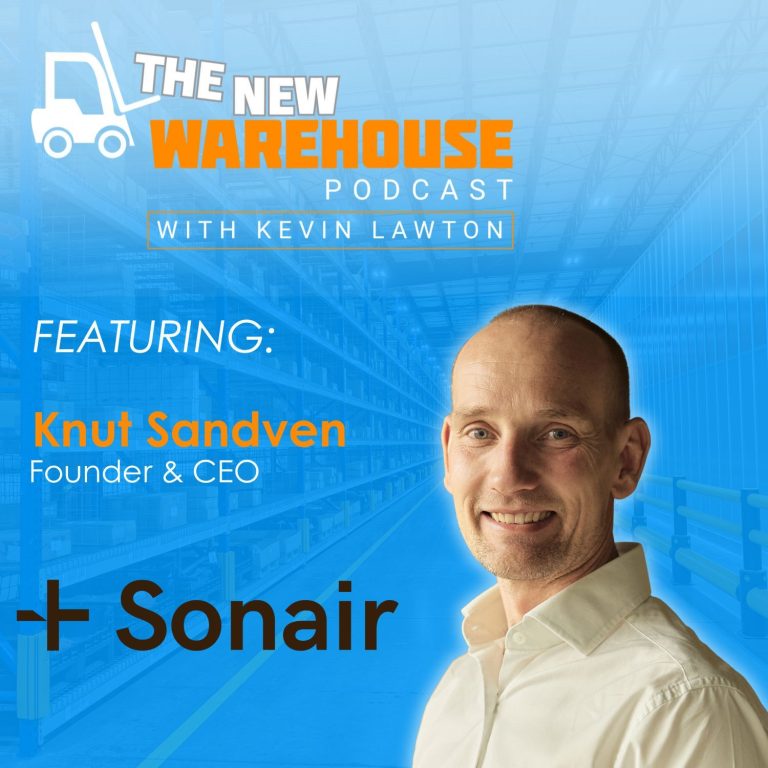Listen to this article

On this episode, I was joined by the Senior Sales Manager at Picavi, Larry Olson. You may remember Picavi from last year’s MODEX where I got a demo of their pick by vision platform but if you do not they provide a picking solution that is based on the Google Glass platform. Larry and I discuss the latest from Picavi, how the technology has evolved, and also the benefits of opex vs. capex.
Key Takeaways
- Picavi has a very futuristic solution to picking which is already a reality. When I initially learned about it I thought it was a great idea and I still think it is an incredibly practical use for the Google Glass platform which, as Larry states, was a pretty big flop on the consumer side of the market. They have been able to take this great technology and harness it for the enterprise in a very smart way. What it allows your pickers to do is see the information they need in order to make a successful pick right in front of their eyes at all times as it is projected through the glasses. This creates an almost completely hands-free picking solution that speeds up the pick time and increases accuracy as well.
- One of the developments for Picavi since we last spoke at MODEX 2020 has been their rollout of the vision as a service offering. This offering allows customers to essentially lease the units on a monthly basis without having to heavily invest in large amounts of hardware. I am a big fan of these types of offerings in our industry because we have a tendency to go up and down in the number of units we need on hand. This is especially true during peak seasons where we need more units but the remainder of the year we may end up with units just collecting dust. With the vision as a service model, you are able to get just the number of units you need for that point in time and then return the others when you don’t need them. It also has the advantage of quick swap-outs when a unit is damaged or not working properly which helps to maintain your capacity.
- Another benefit from Picavi’s vision as a service offering is the financial aspect. This is where we get into the discussion on capex vs. opex. Capex is short for capital expenditure which is a large expense that will go towards some type of asset investment with longer than a year of life. Capex will hit your balance sheet and can sometimes be difficult to get approved in the corporate environment with more hurdles to go through. In contrast, opex is short for an operational expense which is the normal operating expenses incurred by a company. Opex has the ability to be written off during tax time whereas capex needs to be capitalized so getting something approved by your company that is opex will certainly be easier than something that is capex.
Listen to the episode below and leave a comment if you can see yourself using Picavi’s solution.
The New Warehouse Podcast











